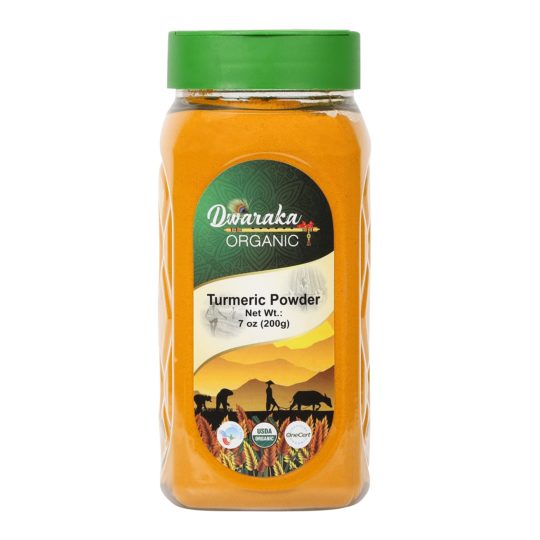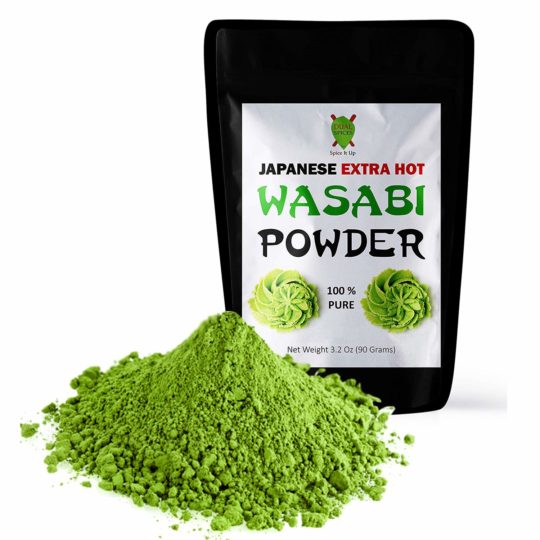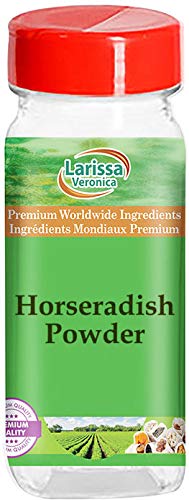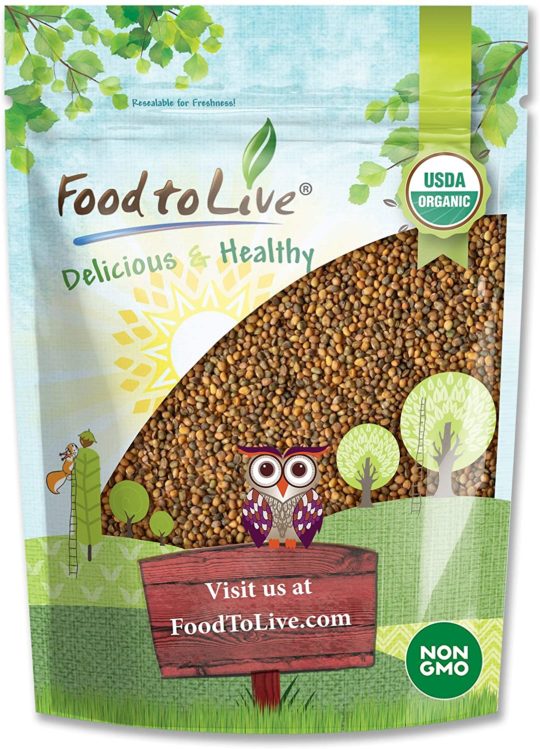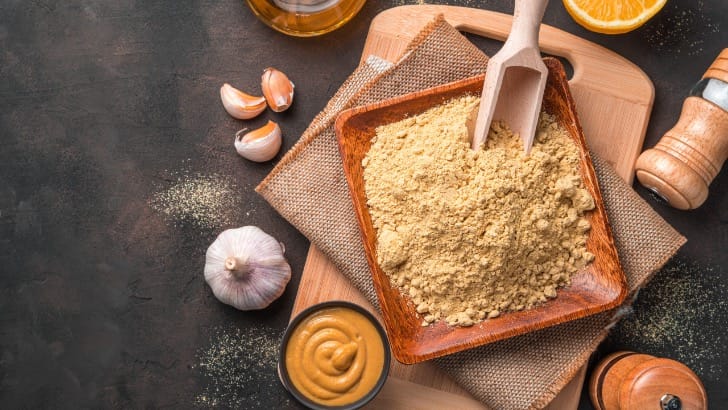When you hear the name “mustard,” you can probably already tell that you’re about to encounter a spice with an immensely wonderful flavor. This is true of dry mustard powder, and it has a plethora of functions that go well beyond culinary purposes. Mustard has a lot of beneficial properties that make it versatile and practical in different situations (culinary and otherwise). So, it can be considered a super spice.
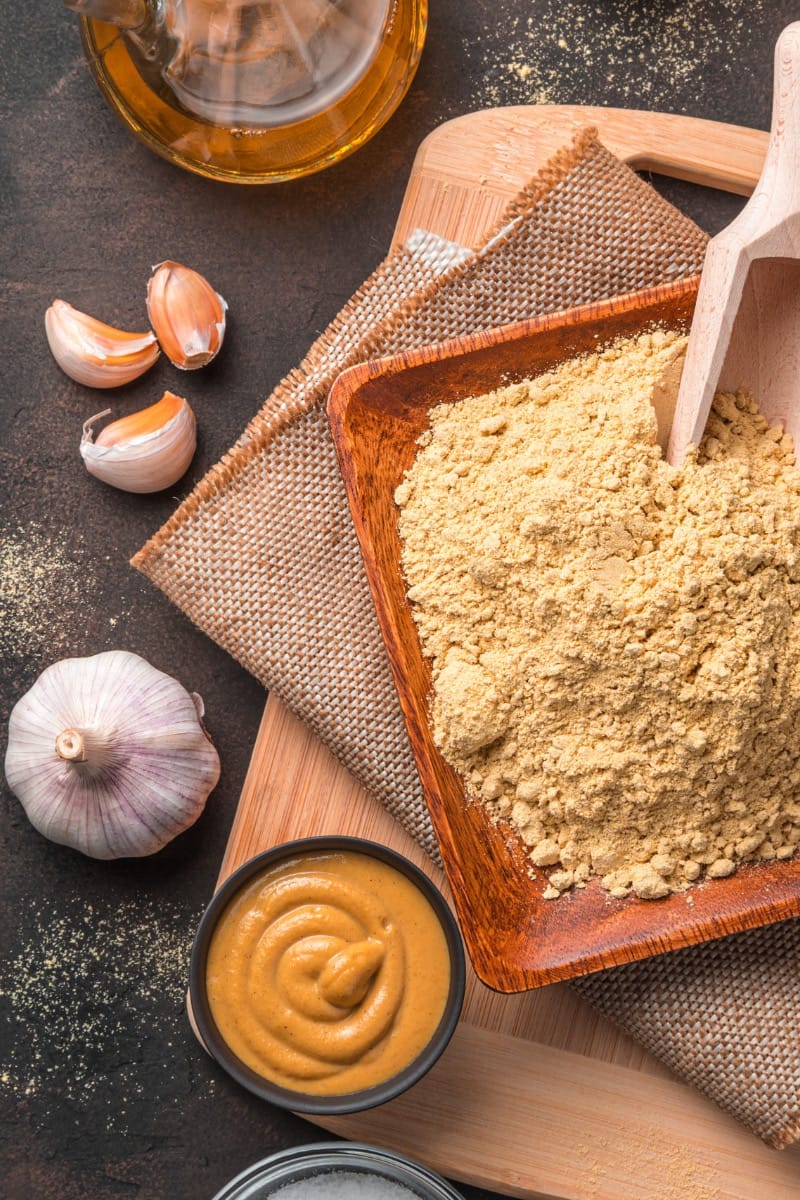
But a time might come when you need to consider using other spices that are good enough alternatives for dry mustard powder. This might be because you’re out of dry mustard powder in your spice rack, or you’re simply craving a new taste in your recipe. It’s a good thing you’re reading this, then, because our suggested options work well in place of dry mustard powder in a variety of recipes. What then are the properties that make these options good enough to be substituted for dry mustard powder? Also, learn how to use these substitutes in the proper methods and amounts to arrive at a great-tasting end product.
Mustard Nutrition Facts
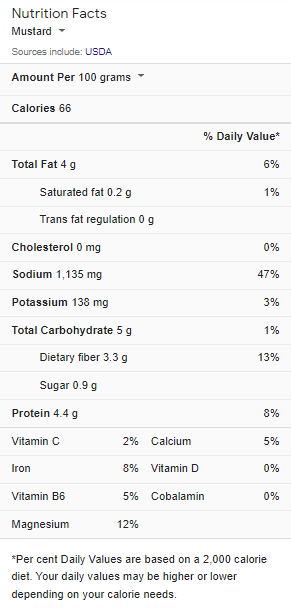
What is dry mustard powder?
The mustard plant, from which mustard is made, is linked to nutrient-dense crops like broccoli, cabbage, and Brussels sprouts and is native to the Mediterranean region. Dry mustard powder (Brassica alba), in particular, is also referred to as ground yellow mustard, ground mustard, or mustard powder. Mustard seeds, in general, come from three different plants:
- White mustard (also known as yellow mustard in the United States)
- Brown mustard
- The extremely rare black mustard
The flavor and scent of dry mustard powder are not so discernable. When mustard is combined with water, though, it develops its distinctive zing and strong aroma. This is due to isothiocyanates, sulfuric chemical compounds that activate when exposed to water through hydrolysis. The isothiocyanates are dormant until the enzymatic process is activated, at which point they release.
Apart from its extensive culinary use, mustard has a long history of usage in traditional medicine, extending back to popular ancient civilizations. Modern science also links mustard to various health benefits, including reduced blood sugar levels and increased resistance to infections and disease.
Uses of dry mustard powder in recipes
Although the dry mustard powder is typical without flavor and taste, when it is mixed with water, it develops a distinctive aroma and taste that is unmistakable in recipes. Dry mustard powder is thus widely employed in various recipes to give them a particular burst of taste.
Dry mustard adds a distinctive tangy flavor to sauces when sprinkled on top. Its acidic quality can also help cut through the creamy, fatty taste of rich creams and cheeses in recipes that call for them. In general, some of the recipes in which dry mustard powder can be used include:
- Mustard vinaigrette
- Italian dressing
- Macaroni and cheese
- Cheddar cheese sauce
- Au Gratin potatoes
- Potato soup
- Pork loin Dry
- Broccoli cheese soup
- Baked beans
- Honey baked ham
- Sweet corn chowder
- Chicken noodle soup
- Cheesy leek and mustard soup
- Cocktail sauce
- Deviled eggs
- Barbecue sauce
Substitutes for dry mustard powder
Dry mustard powder is a considerably popular and versatile spice, used in more dishes than you’re probably aware of. Many people love it in their recipes because of the way it enhances the flavor of meals. What’s more, this low-calorie spice is a quick and easy method to boost iron, calcium, selenium, and phosphorus intake, and it has a range of other health benefits to its regular consumers. If, however, you happen to run out of dry mustard powder in your spice rack while you’re right in the middle of making your favorite recipes, there are some substitutes you can use in its place. These substitutes vary in nature, but if used correctly, they should give you the perfect taste for which you love using dry mustard powder. Consider trying out one of these options:
Turmeric
In Central and Southeast Asia, turmeric powder is a relatively popular cooking ingredient. It is known for its bright yellow hue, aromatic smell, and bitter-peppery taste. Due to its multiple health benefits, this powder can be considered a super-spice, like dry mustard powder.
If you don’t want to take a chance with other options, turmeric powder is the safest and most appropriate option. It works well in soups and as a dry rub marinade for meats and veggies. It is also widely available in most kitchens, making it much easier to locate and store.
Turmeric powder is an excellent substitute for dry mustard powder because it has the same flavor and color. Keep in mind that turmeric powder has a slight bitterness, so don’t use too much. The substitution is also straightforward; start with a 1:1 ratio, then add more later if necessary.
Wasabi powder
Wasabi powder is a powdered version of wasabi paste, which is commonly found in sushi restaurants. It goes well with raw fish meals such as sashimi and sushi. It was first popular in Japan, but it has since gained popularity in other parts of the world because of its unique, spicy flavor.
Despite its widespread appeal, some people dislike wasabi due to the strength of its potency. Wasabi is a decent enough substitute for dry mustard powder because it comes from the horseradish family (which is also considered mustard).
In dry mustard powder, wasabi powder can be used to make recipes such as dips and vinaigrettes that dry mustard powder is popular for. Only use a half teaspoon of wasabi powder for every one tablespoon of mustard powder when substituting. If you don’t want the dip to be too strong, remember to use it in moderation.
Horseradish powder
Horseradish is a good replacement for a dry mustard powder since it tastes similar to wasabi powder. However, it is much milder and more aromatic than wasabi powder, making it an excellent choice if you don’t want your dish to be very spicy.
Horseradish powder functions similarly to dry mustard powder as such can be used to make marinade sauces, glazes, dips, salad dressings, and soups, just like dry mustard powder. It is also widely available in most supermarkets and comes in a variety of brands.
Replace one teaspoon of dry mustard powder with one teaspoon of horseradish powder. The outcome of your recipes is sure to be the same as when using mustard powder if used in this substitution proportion.
Arugula
Surprisingly, arugula may be used as an alternative to dry mustard powder because it works effectively when used in some meals. For people who care about healthier diets, arugula is popularly used in salads and sandwiches. This leafy vegetable has a spicy flavor that makes it a good substitute for mustard powder.
All that is needed is to chop the arugula leaves until they resemble a paste finely. Salad dressings and dips can then be made with arugula paste. Because the leaves can easily become soggy or burn, using them in soups, glazes, or meat marinades is not recommended.
The appropriate substitution proportion is one tablespoon of arugula paste for one teaspoon of dry mustard powder. This substitution is perfect for making healthier dips and salad dressings at home. Although arugula is restricted to a few recipes, it works well when used in the right situations.
Frequently asked questions (FAQs)
Can I use regular mustard in place of dry mustard?
In most recipes, one tablespoon of prepared mustard can be used in place of 1 teaspoon of dry mustard.
What’s the difference between dry mustard and regular mustard?
Because of the color of the seeds, dry mustard in its organic state is either a dark brown or white powder. Dry mustard is powdered mustard seeds that are still 100% mustard.
How do you make ground mustard powder?
To make mustard powder, roast mustard seeds in a dry skillet for 20 seconds. Cool the seeds before transferring them to a spice grinder, then pulse them until powdered. Remove the hulls from the powder by sieving it.
Conclusion
Dry mustard powder is an acceptable helpful ingredient in tons of recipes because of the distinctive flavor it is known to impart. It is also low in calories and has a wide range of health benefits to its regular users. As such, it might seem indispensable in cooking procedures. However, it is important to note that some options work fine as replacements for dry mustard powder in recipes. For example, try out these spices next time you’re out of dry mustard powder and need a quick fix. Who knows, you might love the results!
